Forget brain training to improve memory — the right amount of sleep at the right time is more effective
Sleeping is like hitting the “save” button on your memories
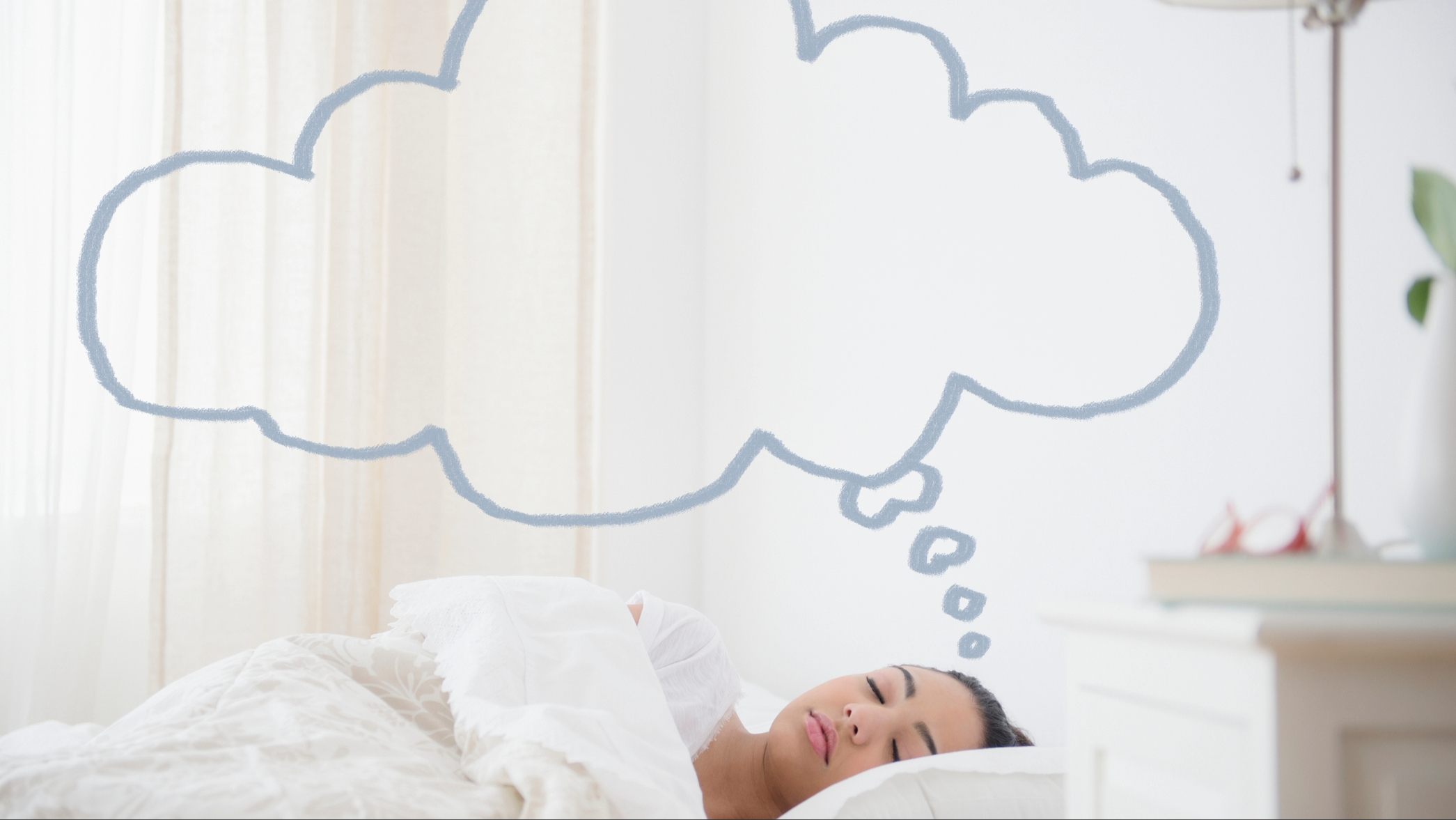
Here at Tom’s Guide our expert editors are committed to bringing you the best news, reviews and guides to help you stay informed and ahead of the curve!
You are now subscribed
Your newsletter sign-up was successful
Want to add more newsletters?

Daily (Mon-Sun)
Tom's Guide Daily
Sign up to get the latest updates on all of your favorite content! From cutting-edge tech news and the hottest streaming buzz to unbeatable deals on the best products and in-depth reviews, we’ve got you covered.

Weekly on Thursday
Tom's AI Guide
Be AI savvy with your weekly newsletter summing up all the biggest AI news you need to know. Plus, analysis from our AI editor and tips on how to use the latest AI tools!

Weekly on Friday
Tom's iGuide
Unlock the vast world of Apple news straight to your inbox. With coverage on everything from exciting product launches to essential software updates, this is your go-to source for the latest updates on all the best Apple content.

Weekly on Monday
Tom's Streaming Guide
Our weekly newsletter is expertly crafted to immerse you in the world of streaming. Stay updated on the latest releases and our top recommendations across your favorite streaming platforms.
Join the club
Get full access to premium articles, exclusive features and a growing list of member rewards.
Our memories are valuable, yet they aren't always reliable. What we remember — and what we forget — often feels random, and it can be disappointing when our memory seems to let us down.
While many people turn to brain training exercises in the hope of sharpening their memory, research shows these methods offer limited benefits. A more effective — and often overlooked — strategy is simply getting consistent, high-quality sleep. Great news for those who’d rather catch some extra rest than spend hours on memory games.
This is because certain sleep stages play a vital role in processing and storing the information and experiences we accumulate throughout the day.
To explore just how essential sleep is for memory, we spoke with Dr. Ryan Sultan, MD, psychiatrist and Research Director at Integrative Psych, to explain how it works. We also asked Dr George Dragoi, Associate Professor of Neuroscience at Yale School of Medicine, for his top tips to get better sleep for better memory.
How does sleep improve memory?
Without sleep, our brain doesn’t have the time to process and consolidate the information we’ve learned during the day. “One way sleep improves memory is by helping the brain solidify new information, which can also be called memory consolidation,” says Dr. Sultan.
“When you learn something during the day- say, study for a test or practice a skill — your brain initially stores that memory in a fragile state,” he explains.
Sleeping after learning is like hitting the “save” button
Dr. Ryan Sultan
“Sleeping after learning is like hitting the “save” button: during sleep, the brain replays and strengthens those new memories so they stick around.”
Alongside this, he says that sleep doesn’t only consolidate memory, but it makes them more stable and easier to recall later.
Get instant access to breaking news, the hottest reviews, great deals and helpful tips.
“For example, people tend to remember word lists or motor skills better after a night of sleep (or even a short nap) compared to an equivalent period spent awake,” he says.
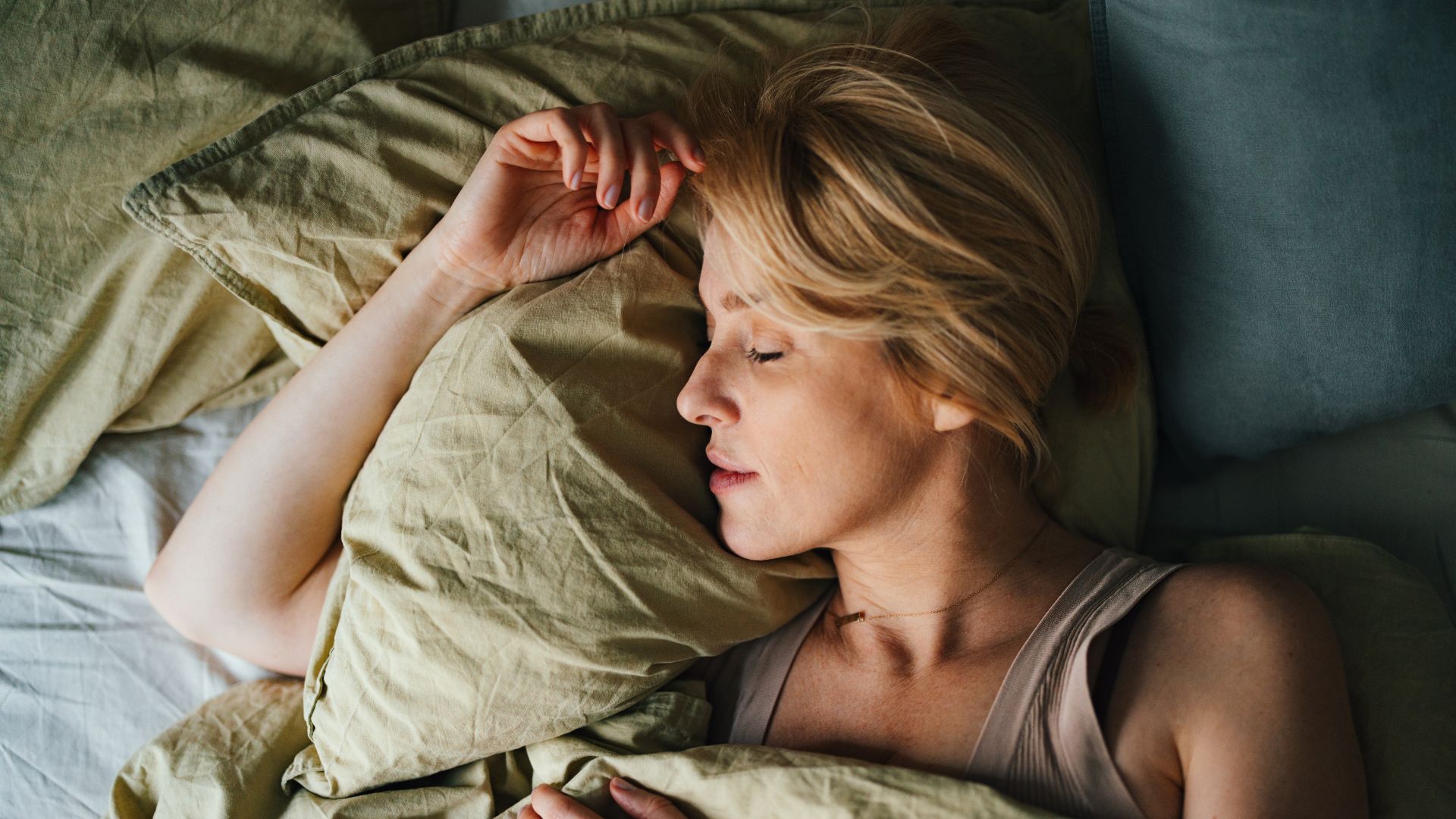
What stages of sleep are most important for memory?
Every night, we cycle through different stages of sleep. The sleep cycle includes REM sleep, deep sleep and light sleep.
This is broken up into N1, N2, N3 and REM sleep. Each stage plays an important role in our physical and mental health, including our memory.
N3 is deep or slow wave sleep. “During N3, the brain exhibits synchronized neural firing, and this is when the heavy lifting of memory consolidation occurs for facts and events (what scientists call declarative memory), Dr. Sultan explains”
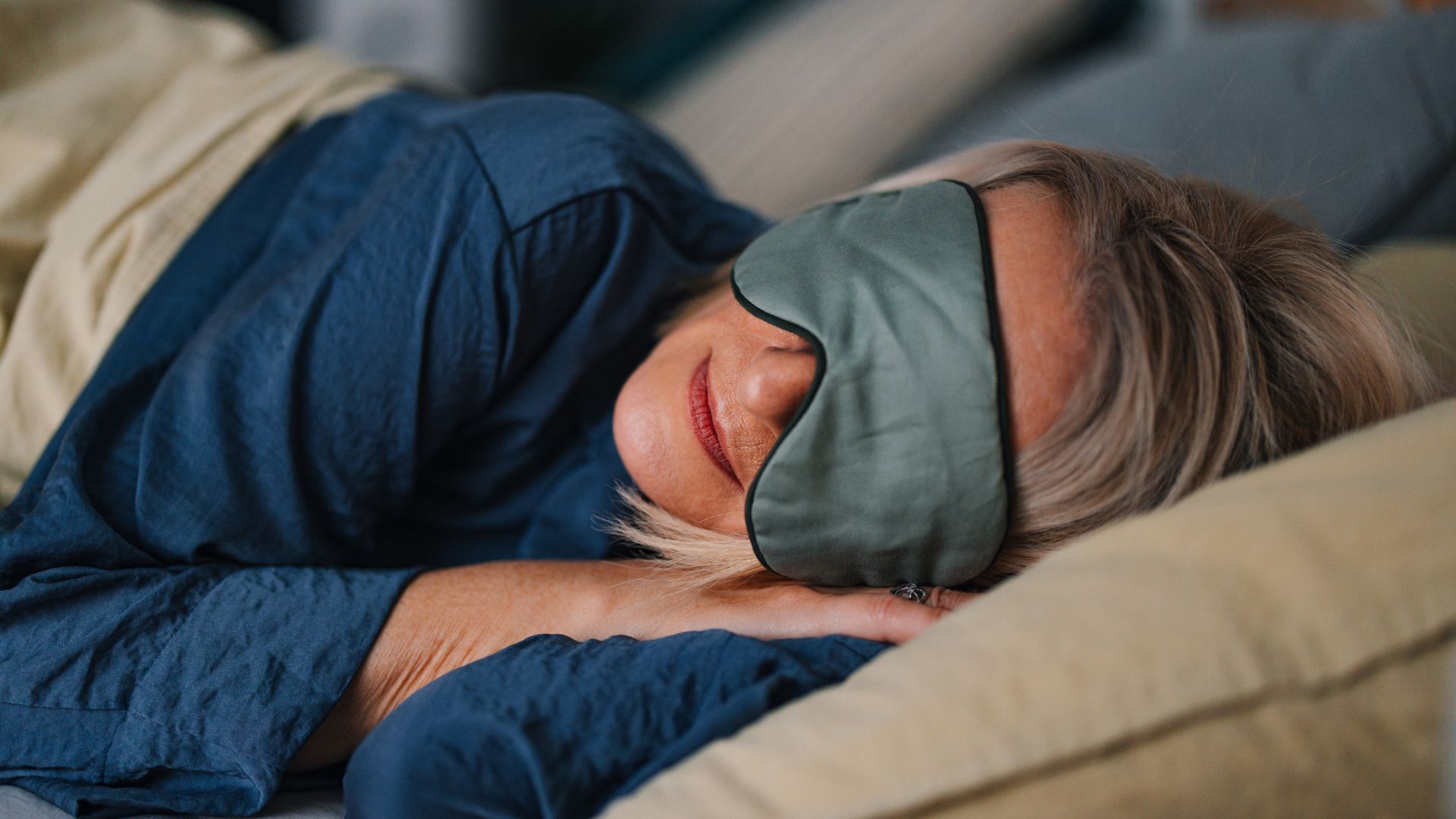
“Studies have shown that if this stage is disrupted, people perform worse on tests of recall for things like word pairs or spatial tasks.”
But it’s not just deep sleep that’s essential for memory. “REM sleep plays an important role in emotional memory consolidation,” the doctor explains.
REM sleep is when we experience vivid dreams and these can help us process experiences and feelings.
“It’s good to cope with difficult emotions by processing them in a safe environment,” he adds.
How to sleep better to improve your memory
So, how do we make sure we get quality sleep? We asked Dr. Dragoi to give us his top sleep tips to improve memory.
Go to sleep at the same time every night
Our energy levels are controlled by our internal body clock, which is called the circadian rhythm.
This regulates the release of certain hormones like melatonin (the sleepy hormone) and cortisol (the hormone released in the mornings to wake us.)
A well-regulated circadian rhythm means you’ll find it easier to fall asleep and stay asleep, experiencing enough time in each restorative sleep stage. So how can you regulate it?
“Going to sleep at about the same time every day and avoiding napping at later hours in the day,” says Dr. Dragoi. A consistent sleep schedule is key to ensuring your body clock functions as it should.
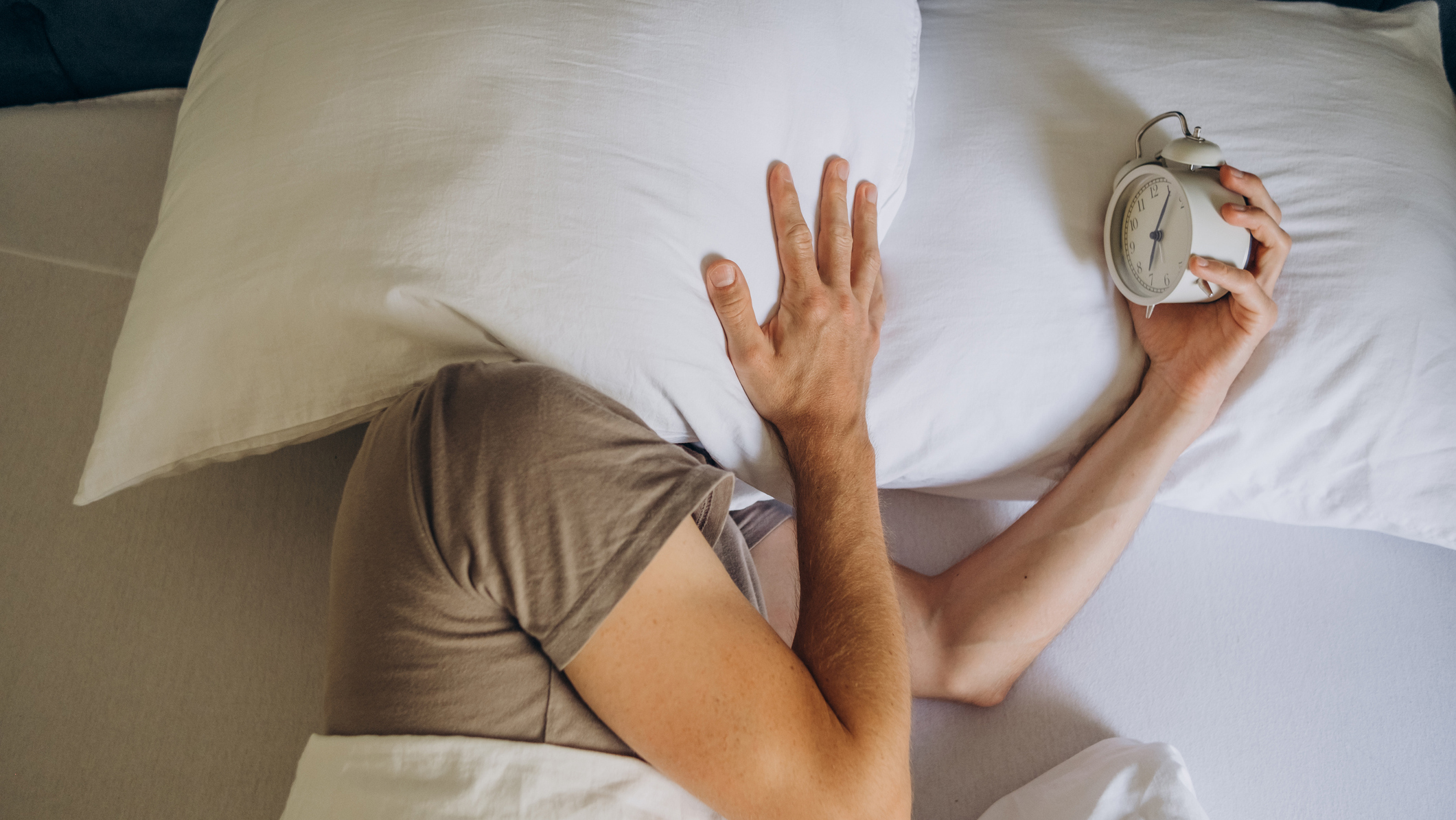
Aim for 7-9 hours of sleep a night
Most adults need around 7-9 hours of sleep. This will ensure you have enough time to experience multiple full sleep cycles, key to consolidating memory.
“Maintaining a 7–9-hour overnight sleep daily with all sleep phases naturally present would have benefits for memory encoding and consolidation,” says Dr. Dragoi.
However, it’s important to remember that everyone is different. Some people will feel refreshed after 6 hours and others will need more.
Studies have also recently revealed that sleep quality is more important than quantity, so don’t worry if you can’t quite squeeze a 9 hour sleep into your busy schedule.

Pay attention to your sleep hygiene
Sleep hygiene refers to the habits we have that impact our sleep, as well as the environment we sleep in.
“Some other ways to improve sleep for our memory and cognitive life are to avoid exposure to light (particularly blue light) 30 min before going to bed, maintain a lower room and body temperature throughout sleep,” Dr. Dragoi says.
You should also “avoid consumption of heavy food, alcohol, and brain stimulants in the late evening,” he adds.
On top of this, ensure your environment is conducive to sleep. Invest in the best mattress for your sleep needs and the consider what the best pillow for your sleep position is.
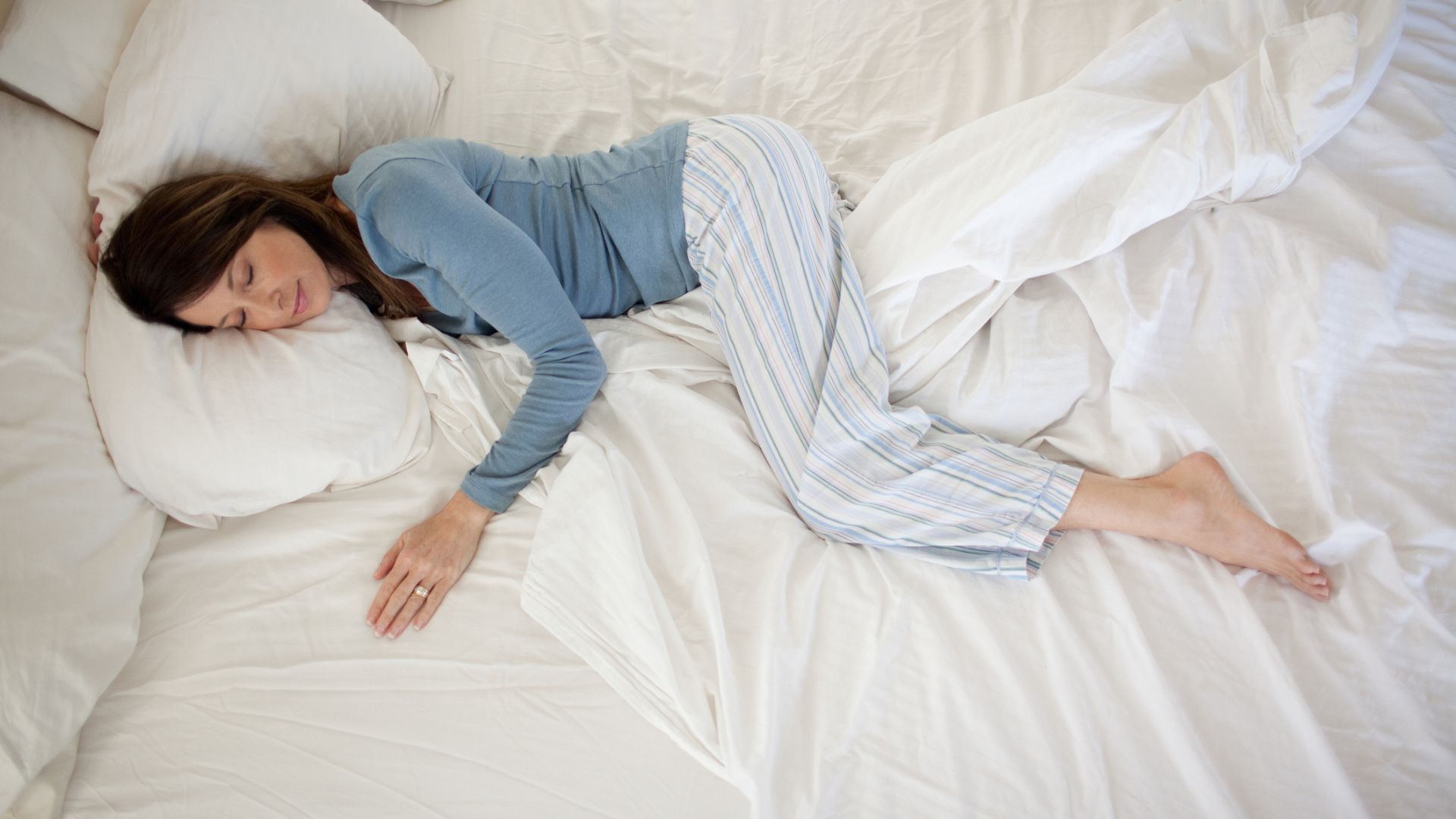
How does sleep deprivation impact memory?
If you find yourself fatigued during the day, your memory is probably suffering. “Sleep deprivation not only leaves memories fragile but also damages working memory ability and attention (these are essential for forming new memories,)” Dr. Sultan says.
Sleep deprivation not only leaves memories fragile but also damages working memory ability and attention
Dr. Ryan Sultan
If you’ve missed out on a few hours, you’re probably fine. But serious sleep deprivation can impact your health and ability to form memories massively.
“Very sleep-deprived people often experience attention lapses or “microsleeps” (brief involuntary dozes). During those moments, if information is presented, it won’t be remembered because the brain essentially wasn’t “online” to receive it,” he explains.
Similarly, sleep disorders can be detrimental to our memory. “For instance, older adults with untreated sleep apnea (a condition causing frequent breathing interruptions and awakenings) often report memory and concentration problems.”
If you think insomnia or sleep apnea might be harming your memory, speak to a health professional to discuss a treatment solution.

Lauren is an experienced writer and editor in the health and lifestyle industry and has led many campaigns and projects that deliver news, advice, and research on all things sleep. As the Sleep Features Editor for Tom’s Guide, Lauren writes, commissions and edits sleep and mattress content, from in-depth how-tos in sleep and mattress health to interviews with doctors and neuroscientists on the latest news in sleep. Lauren regularly tests new sleep tech and accessories to evaluate their effectiveness for getting good quality sleep and easing specific sleep struggles like nighttime anxiety. Alongside this, Lauren reports on the best mattress brands out there, like Helix, Saatva, and DreamCloud, helping readers find the right mattress for them and the best deals on them.
You must confirm your public display name before commenting
Please logout and then login again, you will then be prompted to enter your display name.
 Club Benefits
Club Benefits










